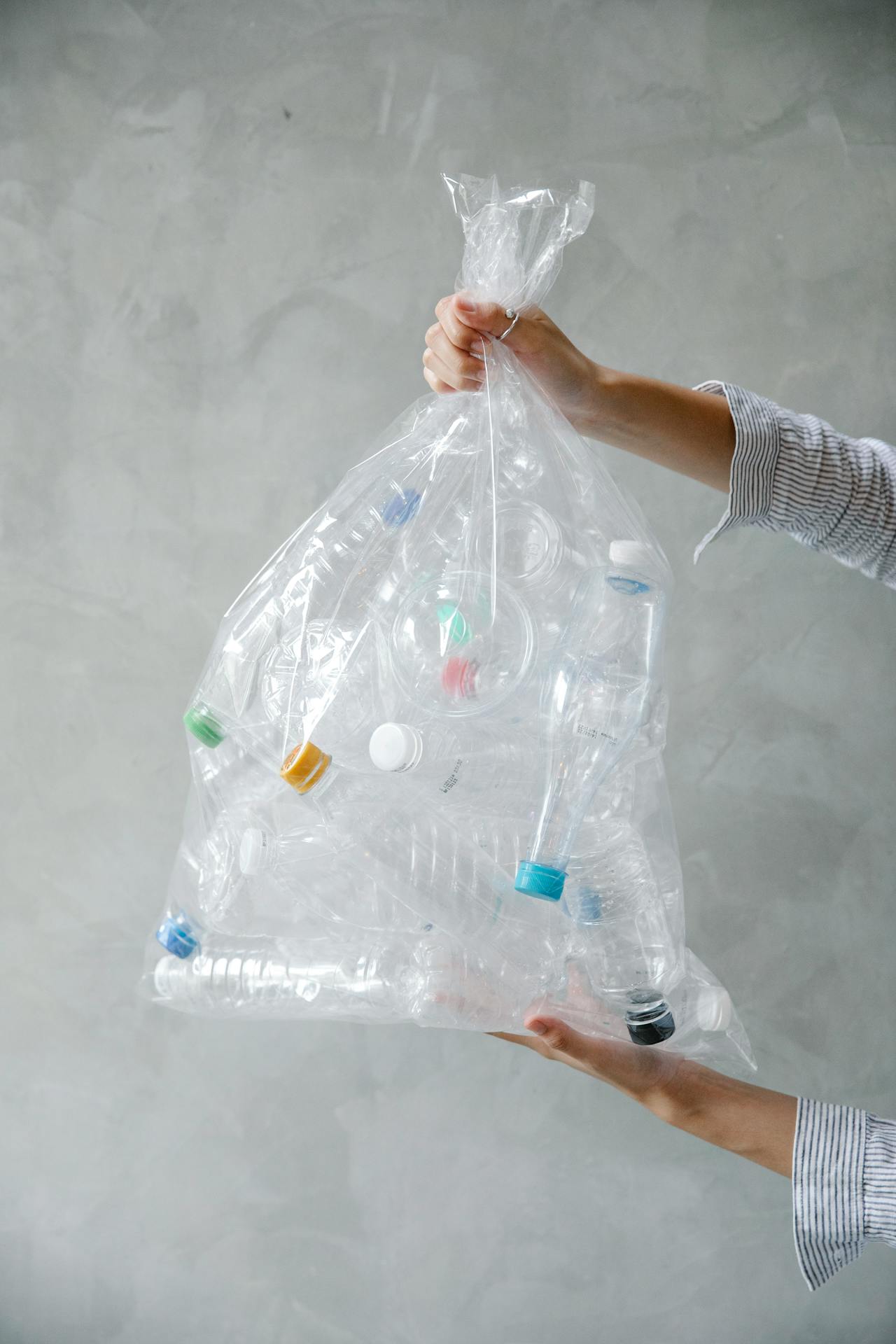Canada News
Bolder action is needed from Canada to prevent global plastic waste dumping

So, Canada’s plastic pollution keeps slipping through a legal loophole. It’s time to fill the gap. (Pexels Photo)
In November, Canada joined a majority of nations at the UN Environment Programme’s third negotiation meeting to develop a treaty to eliminate global plastic pollution.
Canada will also host the next International Negotiating Committee (INC-4) meeting in April and has finally proposed regulatory amendments aligned with the 1995 Basel ban amendment, which prevents hazardous waste dumping by rich industrialized countries to the Global South. Canada has never ratified the ban amendment.
Considering these promising moves in an era marked by increasing awareness of waste trade abuse, it is difficult to comprehend why Canada has joined a pact with the United States circumventing the required transparency and controls on plastic waste exports and imports that the rest of the world has agreed to strictly control.
While the arrangement claims that both countries manage the waste in an environmentally sound manner, empirical evidence reveals a different reality.
Recent amendments to the Basel Convention allow the export of clean, sorted, uncontaminated and unmixed plastic waste without prior notification from the exporting country or prior consent from the receiving country. Enhanced controls are required for other plastic waste exports. However, the U.S. has never ratified the Basel Convention and does not regulate plastic waste exports.
So, Canada’s plastic pollution keeps slipping through a legal loophole. It’s time to fill the gap.
Canada’s illegal arrangement with the U.S.
In 2019, the unanimously adopted plastic waste amendments to the Basel Convention restricted trade of some of the most problematic types of plastic waste, including hazardous plastic waste, mixed or contaminated plastics, and plastics destined for incineration.
However, just before these amendments came into force in 2021, Canada hastily entered into an “arrangement” with the U.S. that ignores the provisions of the new amendments with respect to plastic waste trade between the two countries.
The Basel Convention allows parties to trade with non-parties – such as the U.S. – only if there is a valid agreement between them that provides levels of protection and control equivalent to those laid out by the convention.
Critics such as the Center for International Environmental Law say the Canada-U.S. arrangement does not provide any trade controls or notifications of any kind, or any of the necessary levels of protection and control required by the convention. It should therefore be considered invalid.
Both Canada and the U.S. are clearly taking advantage of the fact that enforcement of international treaties such as the Basel Convention relies largely on an honour system.
One of the alarming impacts of Canada’s arrangement with the U.S. is that waste brokers in Canada can now simply ship plastic waste to U.S. operators without any form of control. U.S. operators can in turn re-export these wastes with no transparency or consent whatsoever to developing countries.
The scale of the problem
Canada’s known contribution to the global plastic pollution problem via direct export is alarming. While we have no monitoring of the border with the U.S. and thus no data on the extent of this loophole, the Basel Action Network (BAN) found data showing that more than 3,590 exports of plastic scrap left Canada between January 2021 and March 2023.
Due to the inability of the North American waste industry to separate collected mixed polymer wastes, most of these exports are Basel-controlled wastes.
For example, 708 of these recorded exports of scrap went to countries other than the U.S., which would require Canadian export notifications and import consent from receiving countries. Yet, according to Environment and Climate Change Canada, only 76 notifications for export were sent and only 13 import consents were received.
Further, BAN has evidence that while at least 31 Canadian exports to countries other than the U.S. were of Basel-controlled PVC plastics requiring import consent, only 13 consents were given, clearly indicating that wastes were moved outside of the obligations placed on Canada to control such exports.
It is clear that a significant amount of plastic waste meant to be controlled under Canadian law left Canada without the proper notifications and consent.
Impacts of illegal exports on developing nations
Nations in the Global South that are likely to receive Canadian waste either directly or indirectly via the U.S. are already flooded with unwanted plastic waste from many sources in the Global North.
Often, these countries do not have the infrastructure to manage this waste in addition to their own, leading to environmental degradation and serious impacts on human rights and health.
By failing to revise its “arrangement” with the U.S. to meet its legal obligations under the Basel Convention, Canada is perpetuating a cycle of environmental injustice that undermines the convention’s principles of fairness and equity.
A call for responsibility
As host of the fourth INC session for a global treaty on plastic pollution, Canada must properly implement its existing treaty obligations in the Basel Convention to show its good faith and true intent.
For Canada to assume its leadership role in fostering global co-operation over the plastic pollution crisis, we call on Canada to prohibit any export of hazardous plastics to any developing country. Canada must join the 103 other countries that have already ratified the ban amendment to the Basel Convention.
Moreover, we urge Canada to stop exports of plastic waste controlled under the Basel Convention to developing countries through the U.S. This requires broadening proposed permitting requirements for the new plastics listings under Canada’s hazardous waste regulation to include shipments to the U.S. and revoking the illegal Canada-U.S. arrangement.
Finally, Canadian authorities must ensure effective enforcement of required plastic waste export controls from Canada to all countries. Otherwise, Canada‘s legacy on global plastic waste will be one of hypocrisy – where our actions only exacerbate the problems we claim to want to solve.
This article first appeared on Policy Options and is republished here under a Creative Commons license.





















